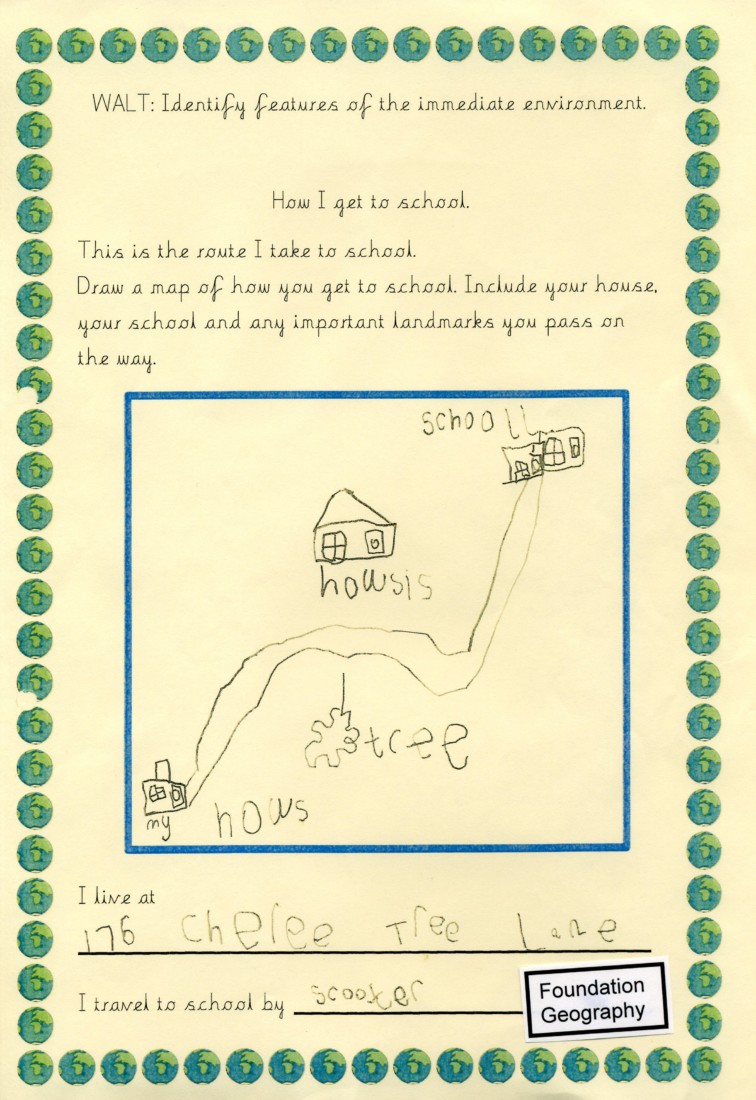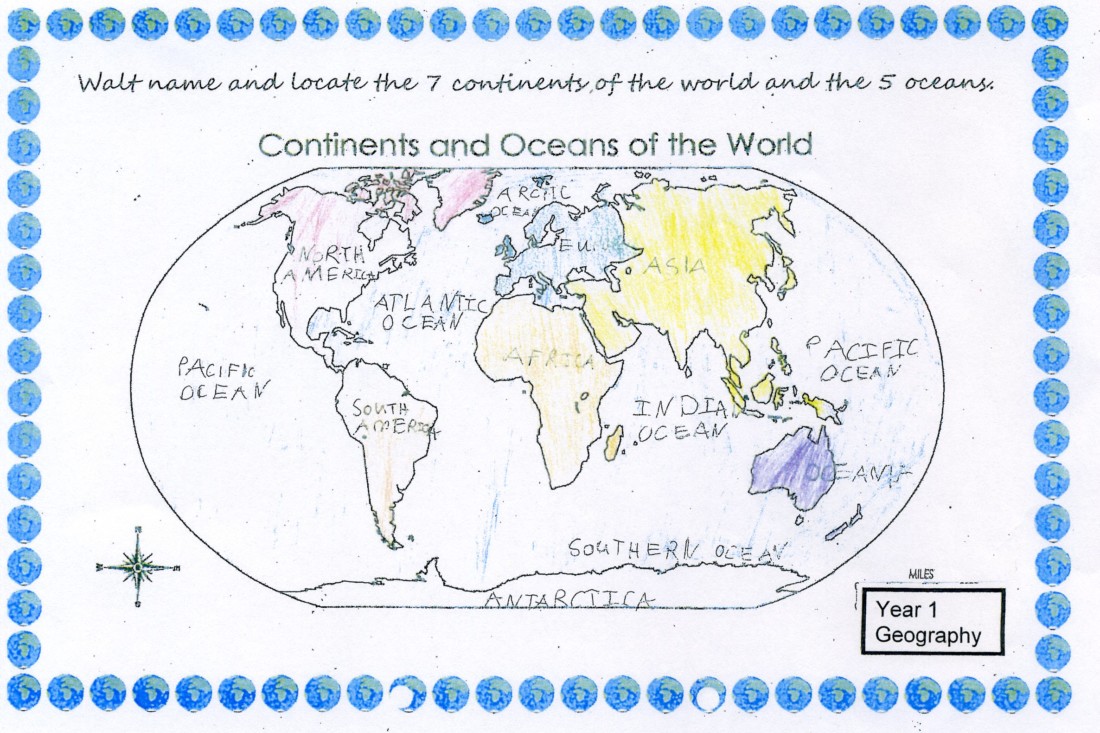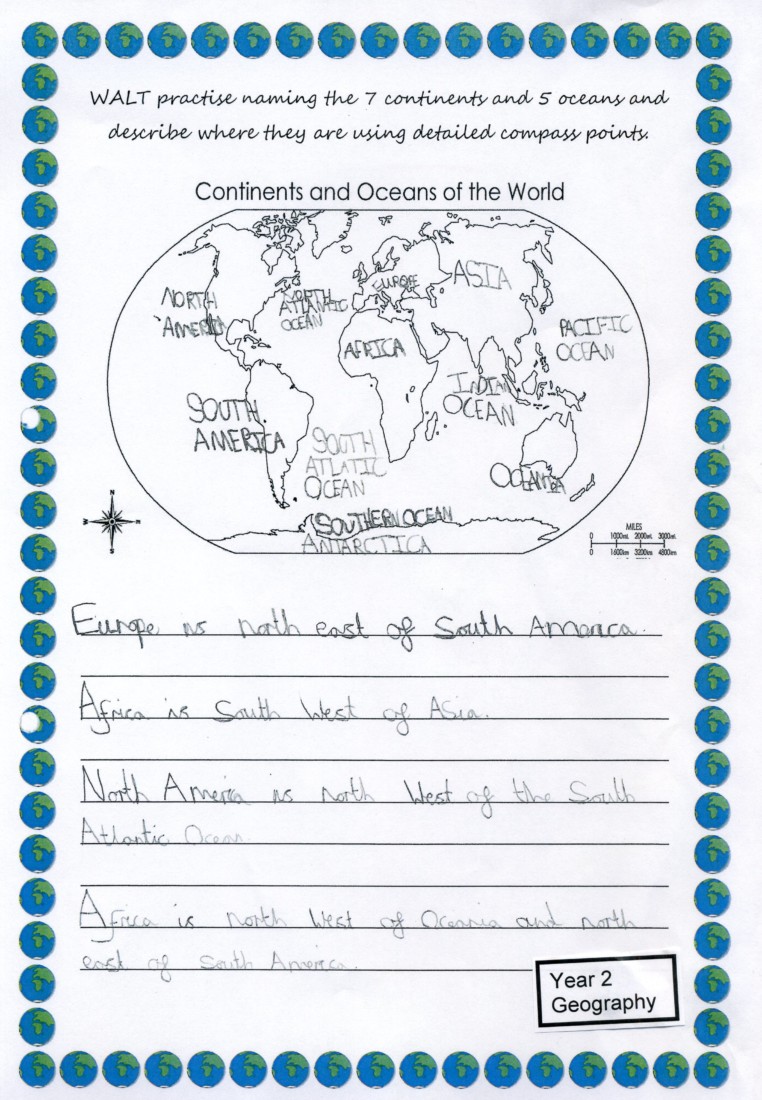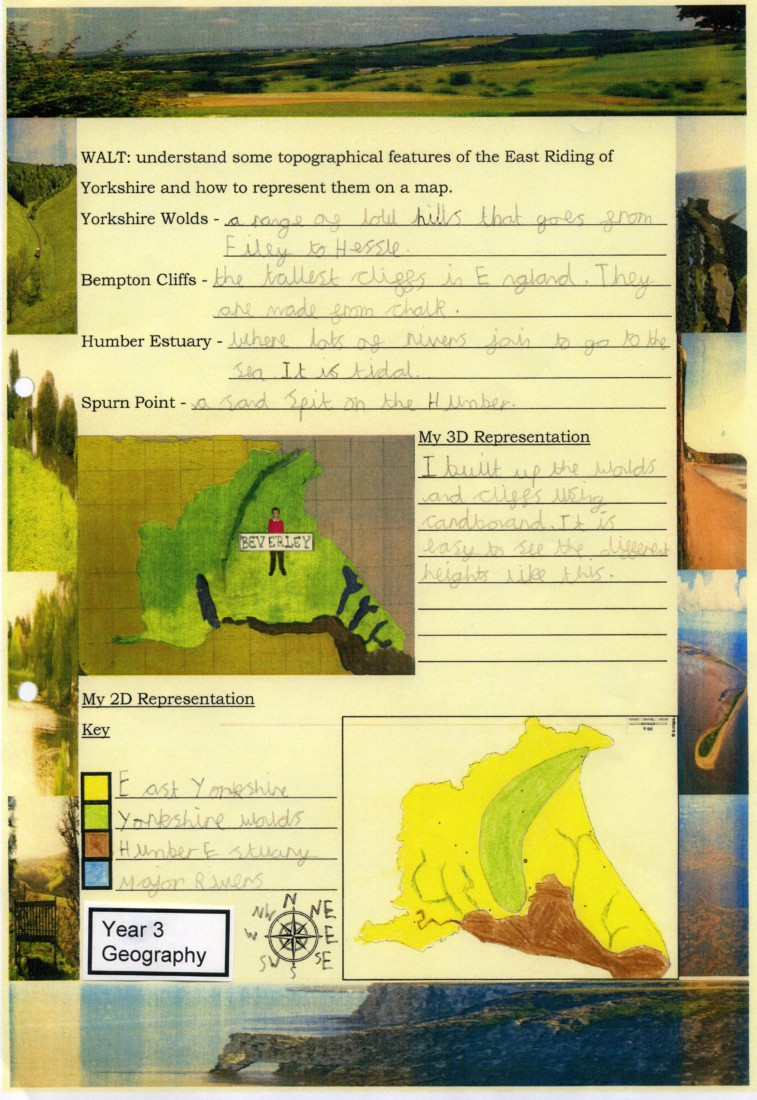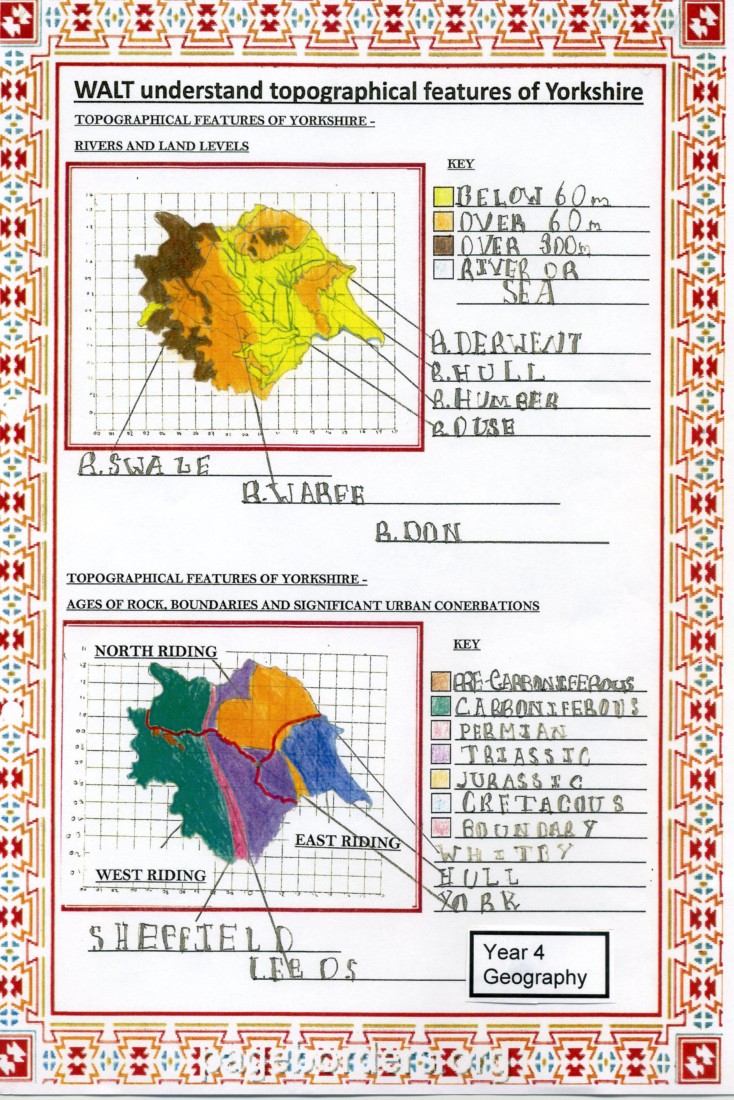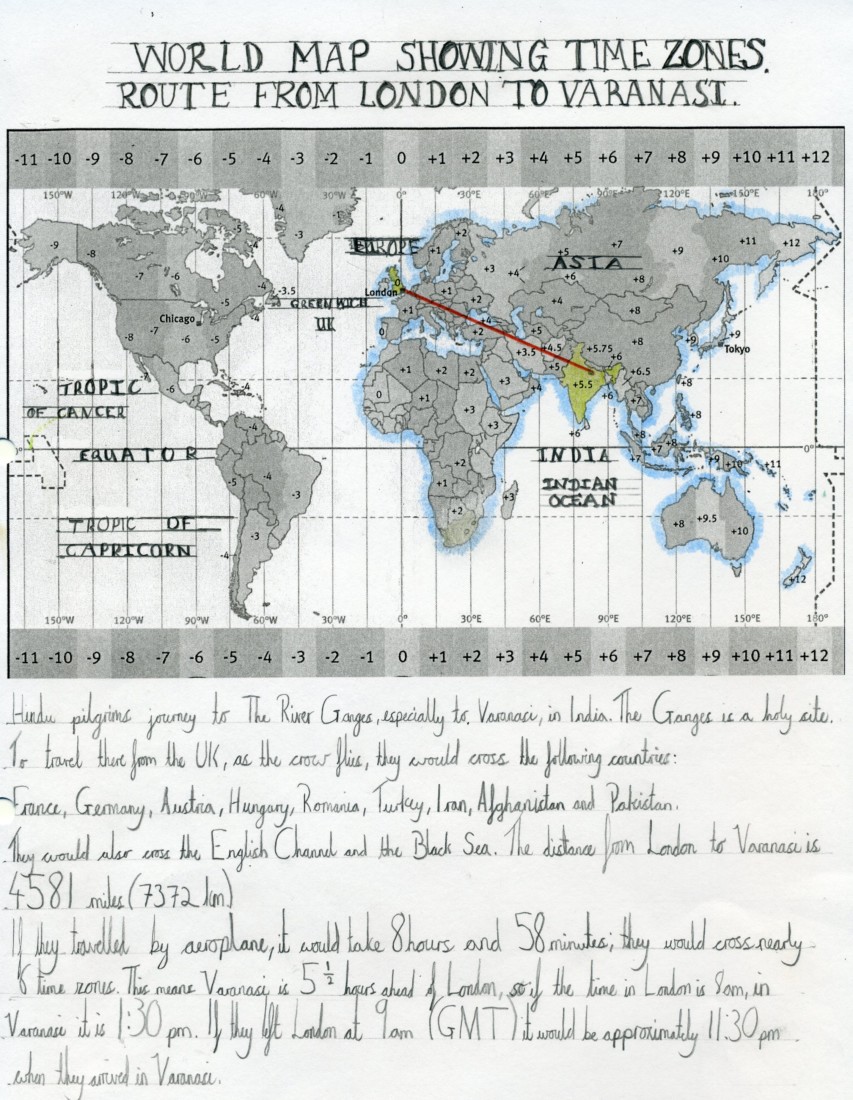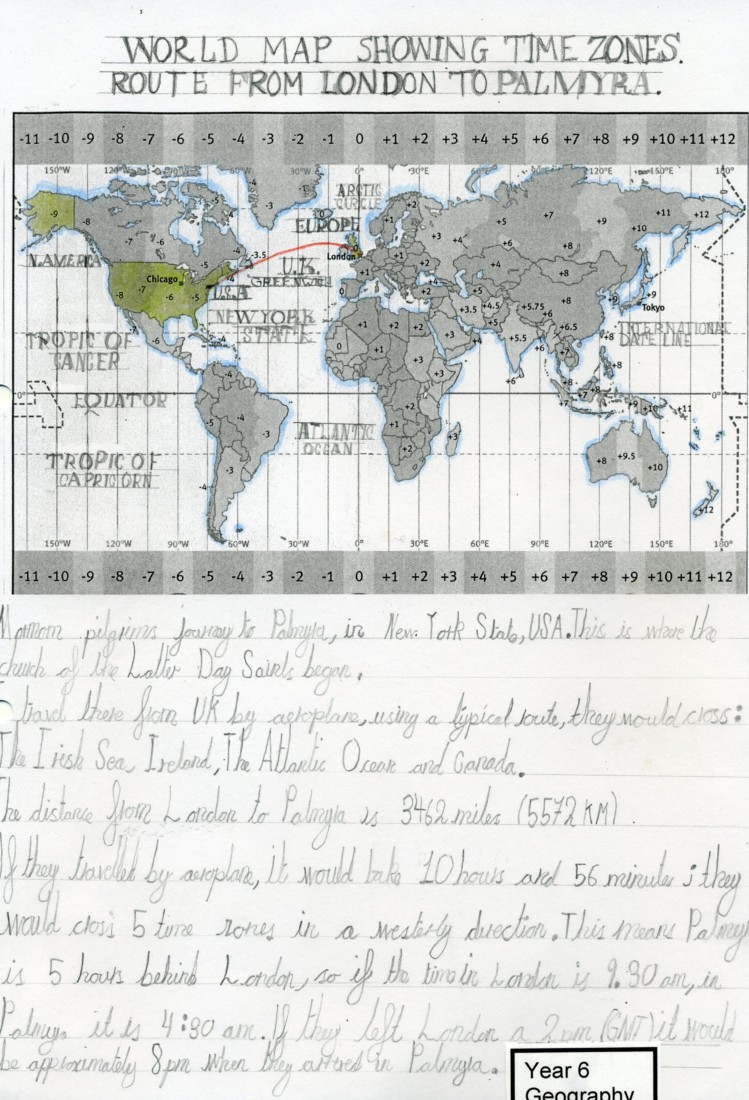Geography – Locational Knowledge
Subject Key Objective Progression & Development by Year Groups
The following is a guide to help you understand your child’s progression through school.
All lessons are differentiated. This means teachers plan activities that enable the objective to be learned by all children including those who will find the objective challenging, those children who with hard work will secure good progress and those children who can tackle extra stretch and challenge in this subject.
Intent, Implementation and Impact
The curriculum is designed with our pupils and the Swinemoor community in mind.
It enables children to access and enhance their understanding of their home, their town and the wider community, developing their cultural capital and giving them opportunities and choices about their future and their impact as they progress through their school career and beyond.
This will help them become successful members of modern British society, preparing them for the challenges and opportunities.
Geography – Locational Knowledge
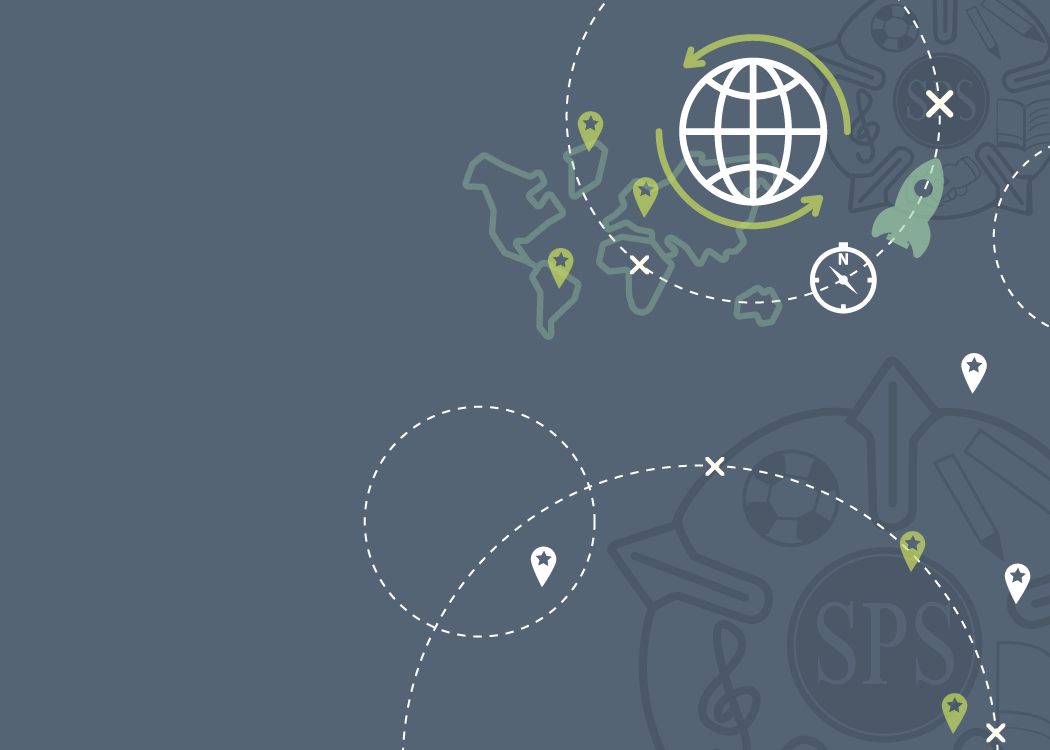
EYFS: “They talk about the features of their own immediate environment and how environments might vary from one another.”
KS1: “Name and locate the world’s seven continents and five oceans”
KS2: “ Locate the world’s countries, using maps to focus on Europe (including the location of Russia) and North and South America, concentrating on their environmental regions, key physical and human characteristics, countries, and major cities… identify the position and significance of latitude, longitude, Equator, Northern Hemisphere, Southern Hemisphere, the Tropics of Cancer and Capricorn, Arctic and Antarctic Circle, the Prime/Greenwich Meridian and time zones (including day and night)”
EYFS:
Past (T2)
Changed (T1)
Different (T1)
KS1:
Decade (T2)
Century (T3)
Impact (T3)
KS2:
Chronology (T3)
Society (T2)
Civilisations (T2)
Children may demonstrate an understanding of different culturally significant places.
They will relate locational knowledge to the impact not only their immediate lives, but in a wider setting such as community, British values and cultural relevance.
They will compare differing locations to their own experiences, drawing on their understanding to make comparisons and similarities as well as differences.
What will be made, produced, performed, or published?
Children will produce a piece of portfolio work, demonstrating their knowledge and understanding. They will participate in a sequence of lessons with a geographical focus, producing a range of evidence including written work, role play and reflective dialogue.
What knowledge will the children have embedded?
Children will be able to recall specific locational features, appropriate to age. They will demonstrate an understanding of the key landmarks within Britain and the wider world, and the impact it has had on current British society and the World.
What retention may be demonstrated?
Here are some example questions that may be used to assess children’s understanding.
EYFS: What town do you live in? What do you see on your journey to school?
KS1: Can you tell me the continent we live in? How would you describe the area you live in?
KS2: What geographical features are specific to [continent]? Why are different time zones used across the world?
Geography – Locational Knowledge – Primary Curriculum
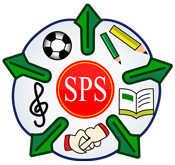
This collection of short films and resources will help you understand your child’s progression through school.
The curriculum film resource has been broken down by subject area initially and then by topic area.

